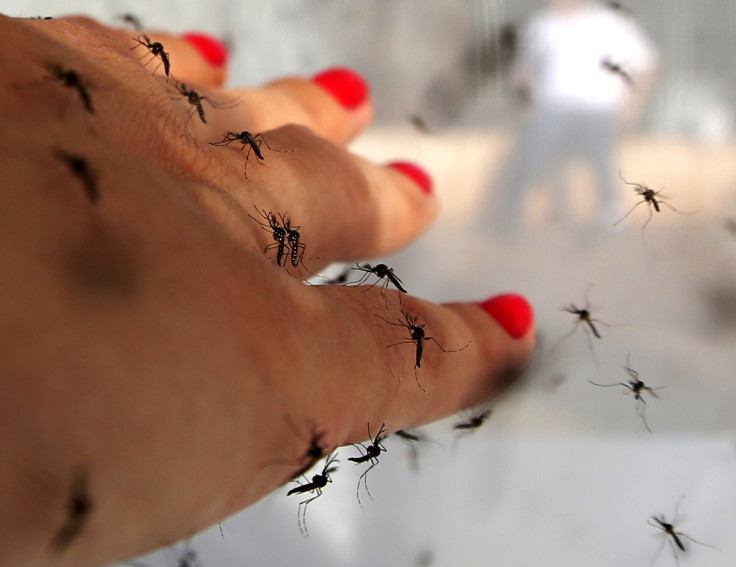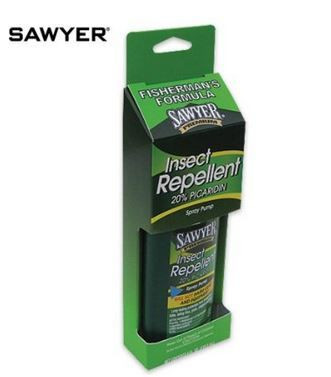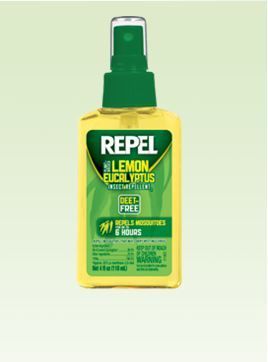How To Keep Mosquitoes Away: Consumer Reports Reviews Bug Sprays, Says DEET Is Not The Winner

Spring sunshine will soon give way to summer, and for most people that means even more time spent in the great outdoors. Natch, your most pressing concern is bug spray. No one wants to be eaten alive by insects, so which repellent works best? Turn to Consumer Reports, venerable resource and reviewer of all products, for the answer.
With their usual thoroughness, CR tested bug repellents with great focus on all the nitty gritty details. They began with, in their own words, “an 8-cubic-foot cage containing 200 disease-free, female mosquitoes in need of a blood meal to lay their eggs.” (Yes, “blood meal.”) CR chose culex mosquitoes, which are known to transmit West Nile virus, and aedes, which carries chikungunya. The former bug is most active between dusk and dawn, the latter all day long. Both enjoy humans.
Next comes the squirm-inducing part. After applying a different repellent to each forearm, the testers waited 30 minutes and then plunged their arms into the cages filled with blood-lust mosquitoes. Meanwhile, CR experts, presumably wearing spectacles and sporting clipboards, watched and recorded bites.
Rules of the game: If a tester was bitten two or more times in one five-minute session, or once in two consecutive sessions, a repellent failed. To analyze how the repellents worked against ticks, the experts marked three lines on each tester’s bare arms and then released, one at a time, five disease-free deer ticks to crawl on them. Here, a repellent failed if two ticks crossed into the treated area.
So, what did they discover? Failures included the many products listing plant oils, like citronella, lemongrass, and rosemary, as their main ingredient. None of these effectively guarded against mosquitoes and ticks — some failed to defend the testers against the aedes mosquitoes for even half an hour. Candles and wristbands also proved to be ineffective.
The top-performing product was Sawyer Fisherman’s Formula, which held mosquitoes and ticks at bay for eight hours.

Second runner-up was Repel Lemon Eucalyptus, which protected against ticks for eight hours and mosquitoes for seven hours.

So, what made the winners winning? Quite simply, they contain 20 percent picaridin and 30 percent oil of lemon eucalyptus.
While two DEET products — the most common mosquito and tick repellent on the market — also earned good scores, they were not as effective as the picaridin and oil of lemon eucalyptus. Possibly because of its inactive ingredients, the 25 percent DEET product performed less effectively than the 15 percent DEET product. None of the products containing IR3535, which is often included in sunscreens even if many claim this chemical to be an eye irritant, made the list.



























